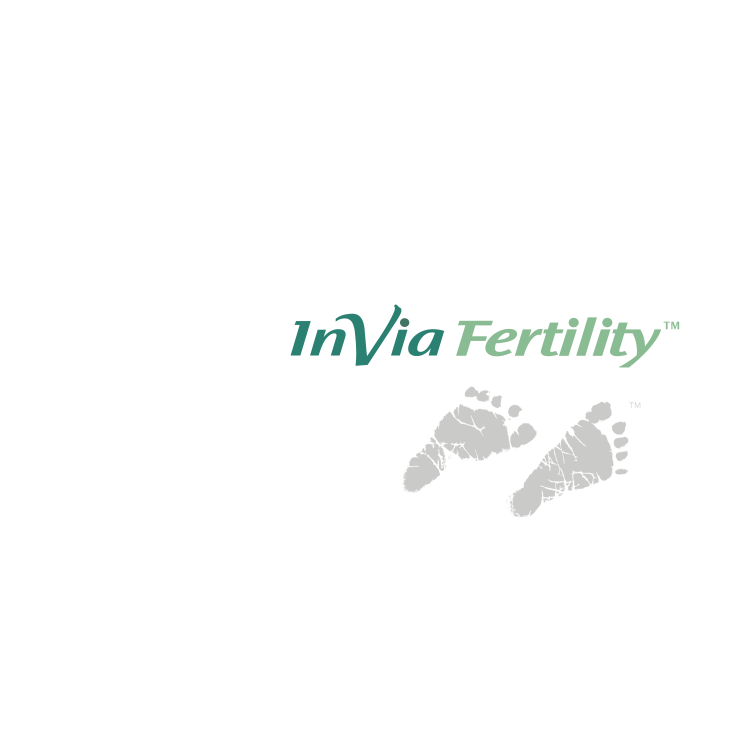
It is now well established that elevated basal (cycle days 2, 3 or 4) follicle stimulating hormone (FSH) levels can be an indicator of being infertile. This decrease in fertility due to a reduction in the ability of the woman’s eggs to result in a pregnancy is called “diminished ovarian reserve”. At InVia, we have noticed a decrease in IVF pregnancy rates when basal FSH levels are > 10 mIU/mL. There is an even more pronounced decrease when the basal FSH levels are greater than 15 mIU/mL. I cannot remember if we have ever had an IVF pregnancy when the basal FSH level was > 20 mIU/mL.
In most cases, elevated basal FSH level = diminished ovarian reserve = “bad” eggs. There are however certain exceptions to this rule. Read on.
Falsely elevated basal FSH level. It is important to confirm that it is truly a basal FSH level (days 2, 3 or 4 of the menstrual cycle). FSH levels rise at the time of ovulation. This is a physiological rise that is seen along with a concurrent increase in luteinizing hormone (LH surge) and estradiol (E2) levels. To confirm that it is indeed a basal FSH level, the concurrent E2 level should be < 50 pg/ml (definitely < 100 pg/mL) and ultrasound should show no dominant follicle.
Women, who are breast-feeding, commonly will have no menses (lactational amenorrhea). Breast-feeding (via the hormone prolactin) suppresses the brain centers (hypothalamic-pituitary-ovarian axis). When breast-feeding is stopped, there is a rebound increase in the release of FSH, which can lead to elevated basal FSH levels.
The same phenomenon (overshoot secretion of FSH) can occur after stopping birth control pills.
There are certain families with an increase in the incidence of fraternal (dizygotic) twins. These mothers will often have slightly elevated basal FSH levels.
Alterations in the FSH receptors can result in FSH levels around the upper limit of the normal range. In these patients, higher FSH levels are required to compensate for a less active receptor to obtain normal function.
A detailed history along with ultrasound evaluation of the ovaries (antral follicle count) and AMH level are used in combination with basal FSH to assess ovarian reserve. An elevated basal FSH level by itself does not necessarily confirm a diagnosis of diminished ovarian reserve.
Infertility Infertility treatment IVF InVia Fertility Specialists Diminished ovarian reserve Top 5

Entire Website © 2003 - 2020
Karande and Associates d/b/a InVia
Fertility Specialists
